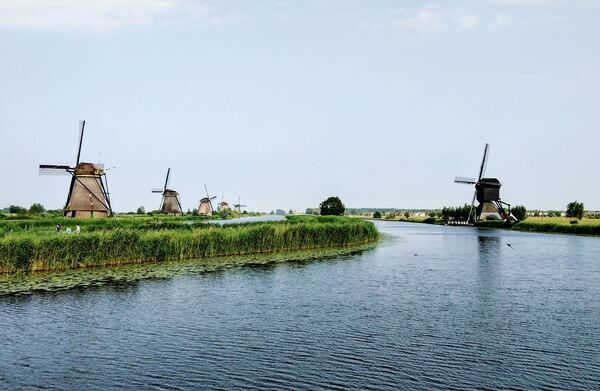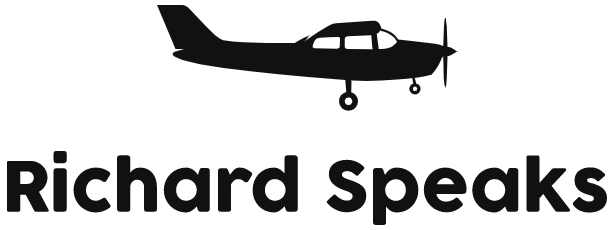
What Country Speaks Flemish?
In this article, we’ll discuss Flanders, Belgium, The Freemasons, and the judicial system. If you’re curious about Flanders, you can also read up on other topics related to Belgium. Whether you’re interested in the Freemasons or the judicial system, or simply want to learn more about this unique language, we’ve got you covered. Read on to discover more about the culture, history, and language of this small country.
Flanders
In Flanders, you’ll probably hear people talking in Flemish, but what’s the difference between Flemish and French? This is a country divided into three linguistic regions – the north speaks Flemish, the south speaks French, and the eastern province of Flanders speaks German. The total number of MEPs in Belgium was 24 in 2004, and Flemish speakers delivered 14 MEPs to the Parliament, while French-speaking voters elected nine MEPs, and the eastern province of Wallonia was home to just one.
Even though Flemish is often considered a Dutch dialect, it’s an independent language in Flanders, with an estimated 6.5 million speakers. It is mutually intelligible with Dutch, and many locals understand both languages. Investing in Flemish translations will be an investment worth making. If you’re planning on putting up a Flemish-language website, here are some tips to get started:
Belgium
The country of Belgium is a melting pot of languages. Its three official languages are Dutch, French, and German. The three languages are spoken in specific delineated areas of the country. The official languages of the region are based on the predominant language in that area. When non-native speakers are included, the number of native speakers nearly doubles. The country is home to over five million fluent speakers of both languages.
Despite its dual status, Flemish is not as widely spoken as French or Dutch. Even though Flemish is widely spoken in the region, it is rare to hear it in Brussels today. In addition, speaking Flemish will not get you very far. But if you’re visiting Belgium, it’s best to learn a bit of the language so you can communicate better with locals. If you’re looking to learn the language, here’s how.
The Freemasons
The Freemasons speak flemish to each other, and the secret societies they formed were never welcomed by the governments of those countries. Yet, the secret societies were made even more dangerous and difficult to penetrate. That is why the Masonic secret societies were largely ignored, until recently. The Freemasons’ secrecy made them particularly vulnerable to attack. However, despite their misguided motives, they remain highly influential today.
The origins of modern Freemasonry can be traced back to 1717 in England, when the Grand Lodge of England was founded. This organization was probably preceded by guilds of craftsmen and apprentices that accepted non-craftsmen as members. Freemasons used old building tools as symbols and were based on the principle of universality. The first charge was “True to God, no matter what.” It is important not to use the language of others in a threatening way.
The judicial system
As a result, the judicial system of Flemish has undergone a series of reforms. The first, approved by the Flemish parliament in 2007, envisaged a decentralized judiciary with shared management skills. This system included the creation of new bodies, such as the Public Prosecutor’s College and the College of Courts and Tribunals, responsible for allocating resources to local judicial bodies. These bodies would have autonomy over these resources and would be accountable for their actions.
The second pillar of reform facilitated the mobility of magistrates across jurisdictions. Vertical mobility is also found in the courts, while horizontal mobility seems to be meaningless. However, in the current legal system, the suspension of court hearings for interjurisdictional solidarity has been favoured. However, this measure must still allow the local courts to maintain their audience. That is, the judicial system of Flemish should remain flexible and adaptable.
